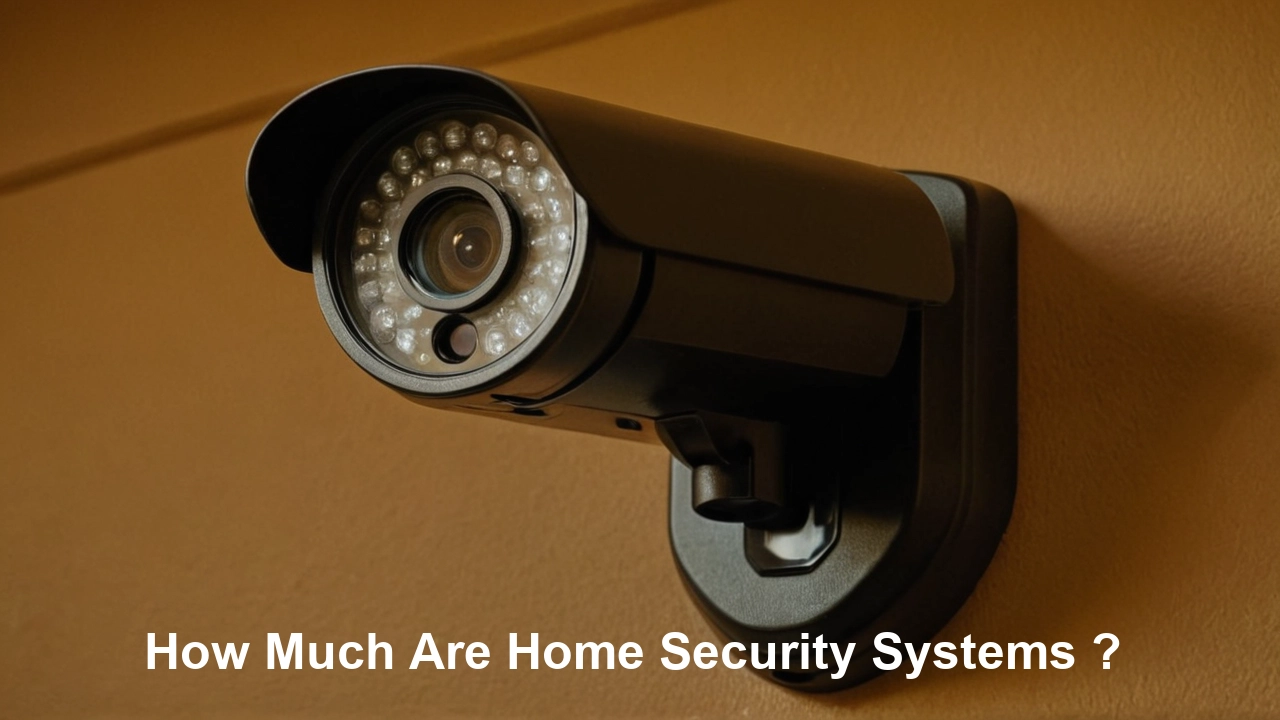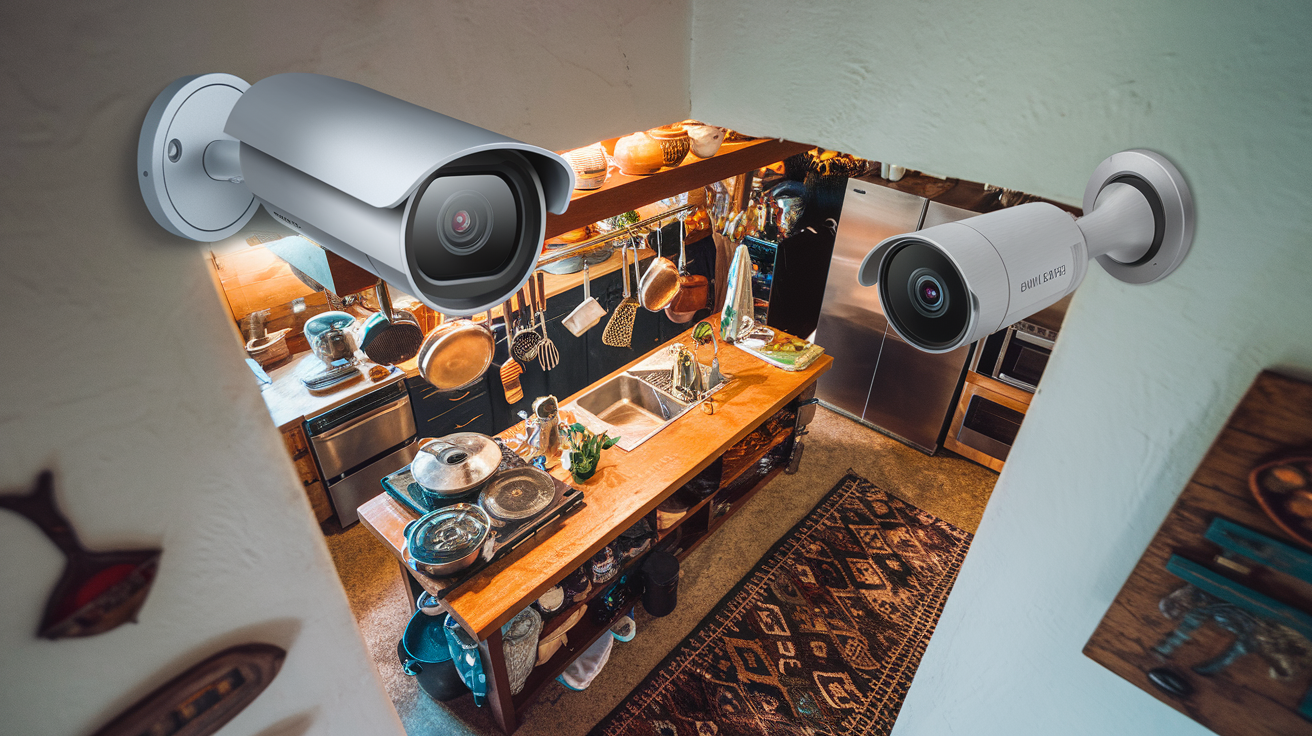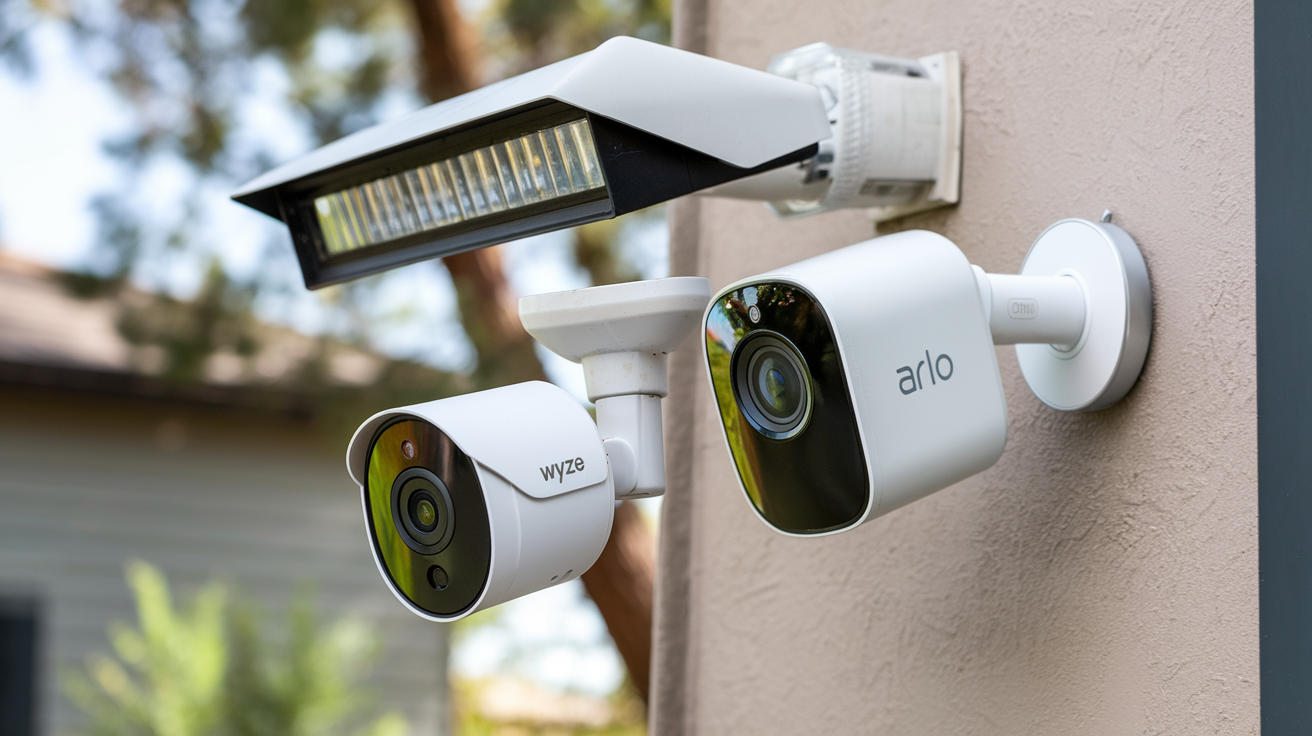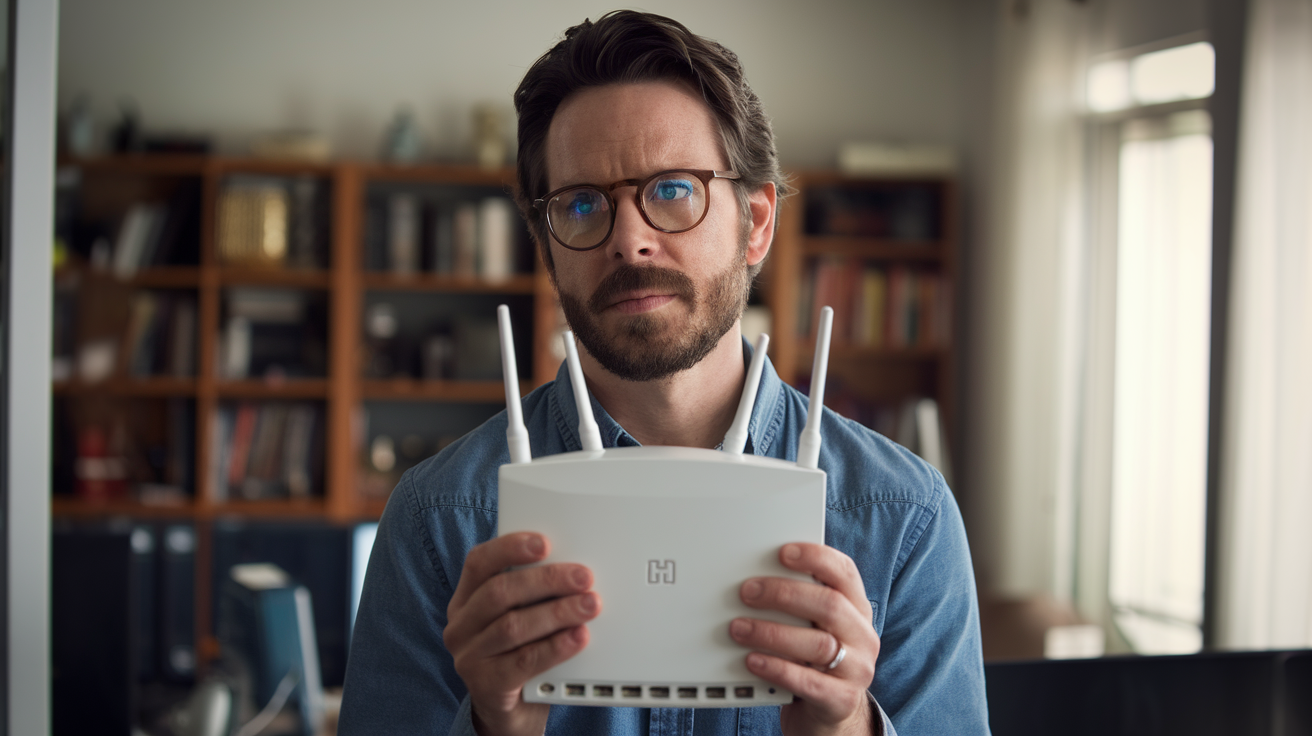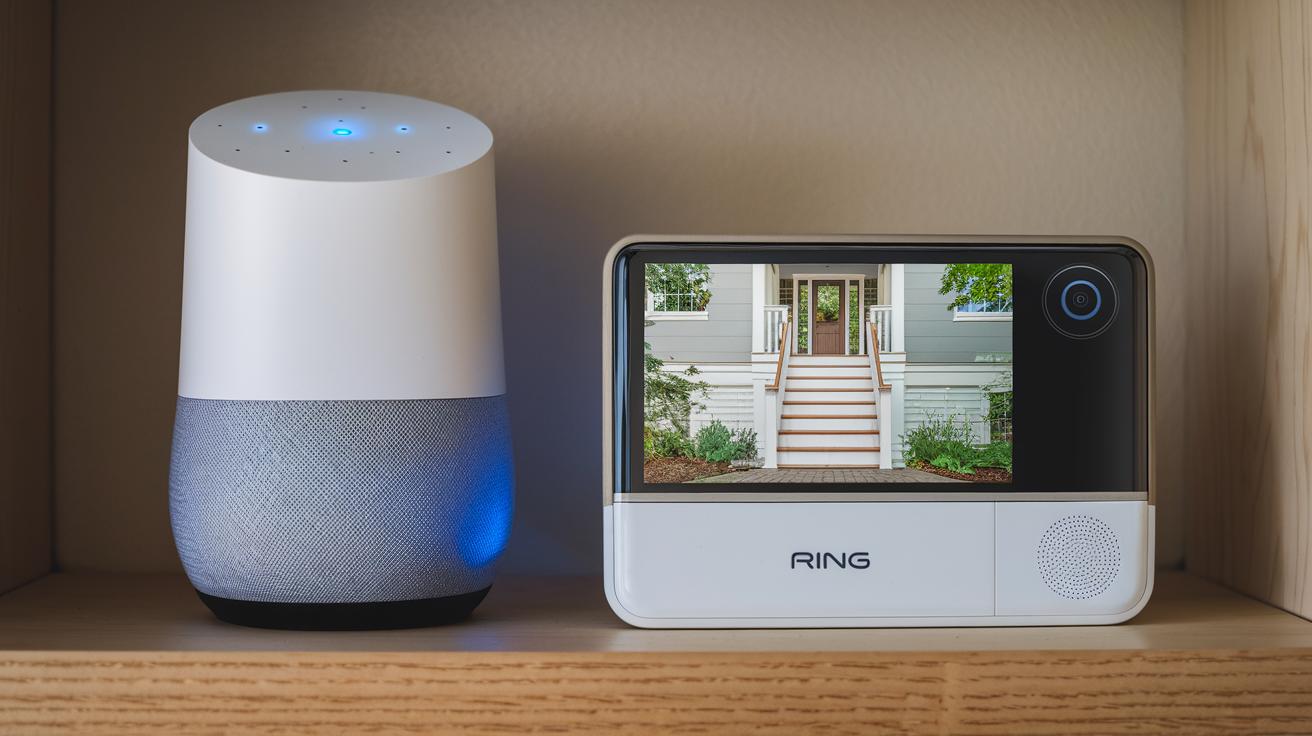In today's world, your home holds paramount importance, making home security systems crucial for maintaining mental tranquility. We will explore the minute elements of home security systems in this comprehensive guide, including expenses, features, and considerations for the best one for your situation.
Importance of Home Security
Why Invest in Home Security Systems?
Purchasing a home security system is an investment in your family's safety and protection of your priceless possessions, not only a financial one. Having a strong security system discourages possible invaders and gives your loved ones peace of mind in view of growing crime rates.
Statistics on Home Burglaries
Knowing that house burglaries are somewhat common emphasizes the need for a security system. Recent studies indicate that households without security systems are three hundred percent more likely to be targets. These numbers highlight how successfully security systems protect your house.
Types of Home Security Systems
Wired vs. Wireless Systems
Choosing between wired and wireless systems means weighing dependability and installation convenience. While wired systems guarantee a steady power source but may have a more complicated installation process, wireless systems provide flexibility but could need more frequent battery swaps.
DIY vs. Professional Installation
Your technical knowledge and time availability will determine either professional installation or your own selection to install a security system. While expertly smooth setup is guaranteed by professional installation, DIY systems are user-friendly.
Smart Home Integration
Including your security system with smart technology gives even more convenience in the age of smart homes. Smart home integration improves the general security experience from voice control to remote monitoring.
Components and Features
Surveillance Cameras
The eyes of your security system, surveillance cameras, discourage any attackers and offer vital proof should an incident arise. One should give high-resolution cameras with night vision capability top priority.
Motion Sensors
Motion sensors detect any odd movement, providing an additional degree of protection. Choose systems with adjustable sensitivity to provide total coverage and prevent false alerts.
Door and Window Alarms
The first line of protection is door and window alarms; securing access points is absolutely crucial. Look for systems with remote monitoring of entry points for increased security and quick notifications.
Average Cost Considerations
Upfront Costs vs. Monthly Fees
One has to first grasp the cost structure. While some systems run on a subscription basis, others have greater upfront expenditures but lower monthly payments. Analyze your long-term financial commitment and budget before deciding.
Additional Costs for Advanced Features
Modern amenities like remote monitoring and artificial intelligence integration could have extra expenses. Think about the value these tools add to your security system and balance that with the possible cash outlay.
Factors Influencing Costs
Size of the Property
The size of your property directly determines the kind and quantity of security equipment needed. More cameras and sensors needed for larger properties could affect the system's total cost.
Location and Crime Rates
Your location and local crime statistics will affect the degree of security required. More complex systems may be required in higher crime regions, therefore influencing the general cost.
DIY Home Security Solutions
Pros and Cons
Choosing a do-it-yourself home security system benefits from simplicity of installation and cost savings. These must be balanced, nevertheless, against possible negatives, including limited features and the need for debugging problems.
Top DIY Security Systems
For people who like to do things themselves, multiple reliable systems meet different needs. A good DIY security setup depends on your requirements driving research and comparison of other technologies.
Professional Installation Benefits
Expertise and Reliability
Expert installation guarantees proper and effective setting of your security system. Experts can negotiate possible obstacles to ensure your system's dependability when most needed.
Warranty and Support
Choosing expert installation usually results in other advantages, including warranties and continuous support. Regarding upgrades or breakdowns, consistent support might be quite helpful.
Smart Technology Advancements
AI Integration and Facial Recognition
Artificial intelligence integration improves the security system's capacity to distinguish between false alerts and possible hazards. An additional degree of personalizing and security is added by facial recognition technology.
Remote Monitoring and Control
Remote monitoring and control of your security system offers unmatched ease. Keeping in touch provides peace of mind and the ability to react quickly to any security alarms, whether you're on vacation or at work.
Choosing the Right System for You
Assessing Your Security Needs
Every house is different; hence, are its security needs. To customize your security system, evaluate your particular requirements, including property size, neighborhood, and personal preferences.
Consulting with Security Experts
See security professionals for insightful advice if unsure about the ideal security solution. Professionals can examine your scenario and provide a system fit for your security objectives.
Real-Life Experiences and Testimonials
Success Stories from Homeowners
Encouraging are real-life success tales from homeowners who have found their security systems to be quite successful. These quotes provide useful analysis of the clear advantages of home security investment.
Lessons Learned from Security Incidents
Appreciating the knowledge gained from security events helps one to see the need for proactive security policies. These stories throw light on possible weaknesses and the need for a strong security system.
Frequently Asked Questions (FAQs)
What Factors Affect the Cost of Home Security Systems?
The cost of home security systems can vary based on factors like the type of system, additional features, and your property's size. Understanding these elements helps in evaluating the overall cost and choosing a system that aligns with your budget and requirements.
Can I Install a Home Security System Myself?
Yes, many home security systems are designed for easy DIY installation. However, the level of technical expertise required may vary. It's essential to choose a system that matches your skill set and preferences.
How Often Should I Update My Home Security System?
Regular updates ensure your security system remains effective against evolving threats. Consider updating your system annually or when new features that enhance security become available.
Are Smart Home Security Systems Vulnerable to Hacking?
While no system is entirely immune, reputable smart home security systems incorporate advanced encryption and security measures to mitigate hacking risks. Following best practices, such as regularly updating passwords, enhances security.
What to Do If My Alarm System Goes Off Unnecessarily?
False alarms can happen, often due to user error or technical glitches. If your alarm goes off unnecessarily, consult your system's manual for troubleshooting steps or contact customer support for assistance.
Do Home Security Systems Lower Insurance Premiums?
Many insurance providers offer discounts for homes with security systems. Contact your insurance company to inquire about potential premium reductions based on your self-installed security Security System.
Conclusion
To guarantee the safety of your house and loved ones, first of all, you must know how much home security systems cost. Considering elements including system kind, features, and installation preferences helps you to decide in line with your budget and needs.
Call (888) 805-5456 to know more about home security system costs now!
